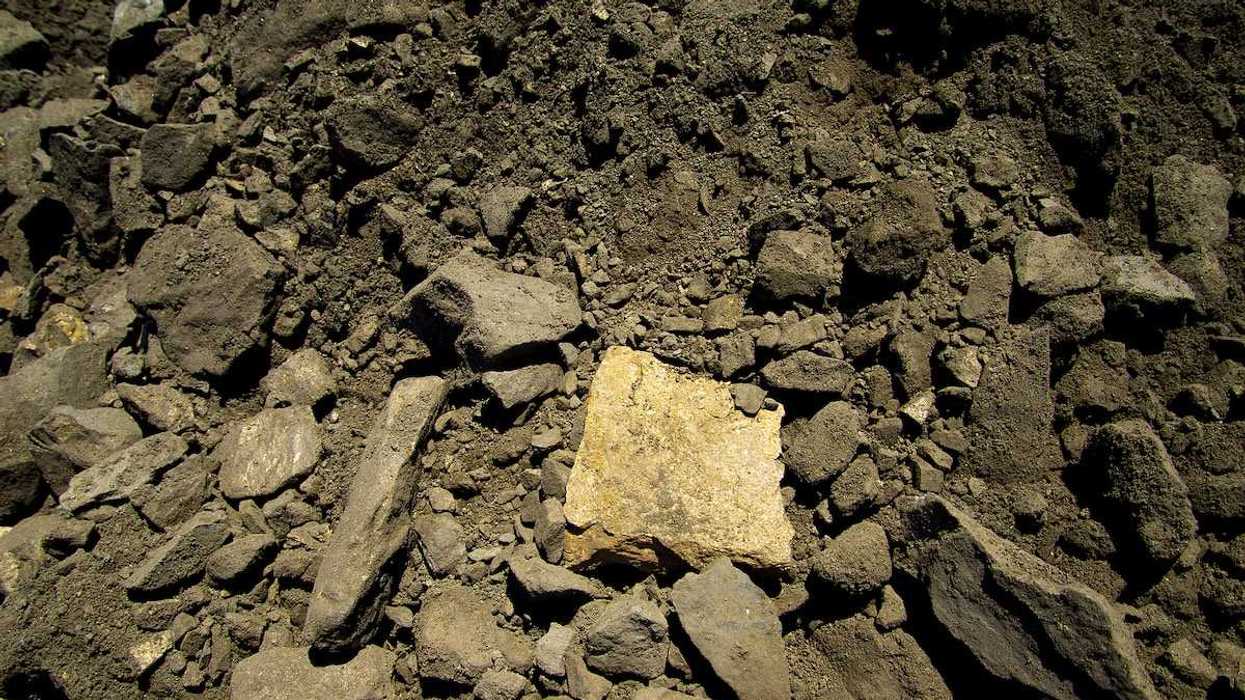In a recent vote, the International Union of Geological Sciences declined to recognize the Anthropocene as a new geological epoch, despite strong evidence that human activity has fundamentally altered Earth.
Anthony Barnosky and Mary Ellen Hannibal write for Yale E360.
In short:
- The proposal for the Anthropocene epoch, indicating significant human impact on the planet, was rejected due to voting irregularities and eligibility issues.
- Geological evidence and the majority of scientific research support the existence of the Anthropocene, marked by rapid environmental changes since the mid-20th century.
- Despite the setback, the debate underscores the urgent need to acknowledge humanity's profound effect on Earth's systems.
Why this matters:
The Anthropocene debate touches on ethical, political, and social considerations. It raises questions about responsibility for environmental stewardship, the distribution of ecological impacts across different regions and populations, and the actions required to mitigate human impact on the planet. The term itself has become a rallying point for environmental movements and a reminder of the urgent need for collective action in addressing climate change and environmental degradation.
Peter Dykstra wrote this 2017 piece: Forget the Anthropocene. Welcome to the Idiocene.














